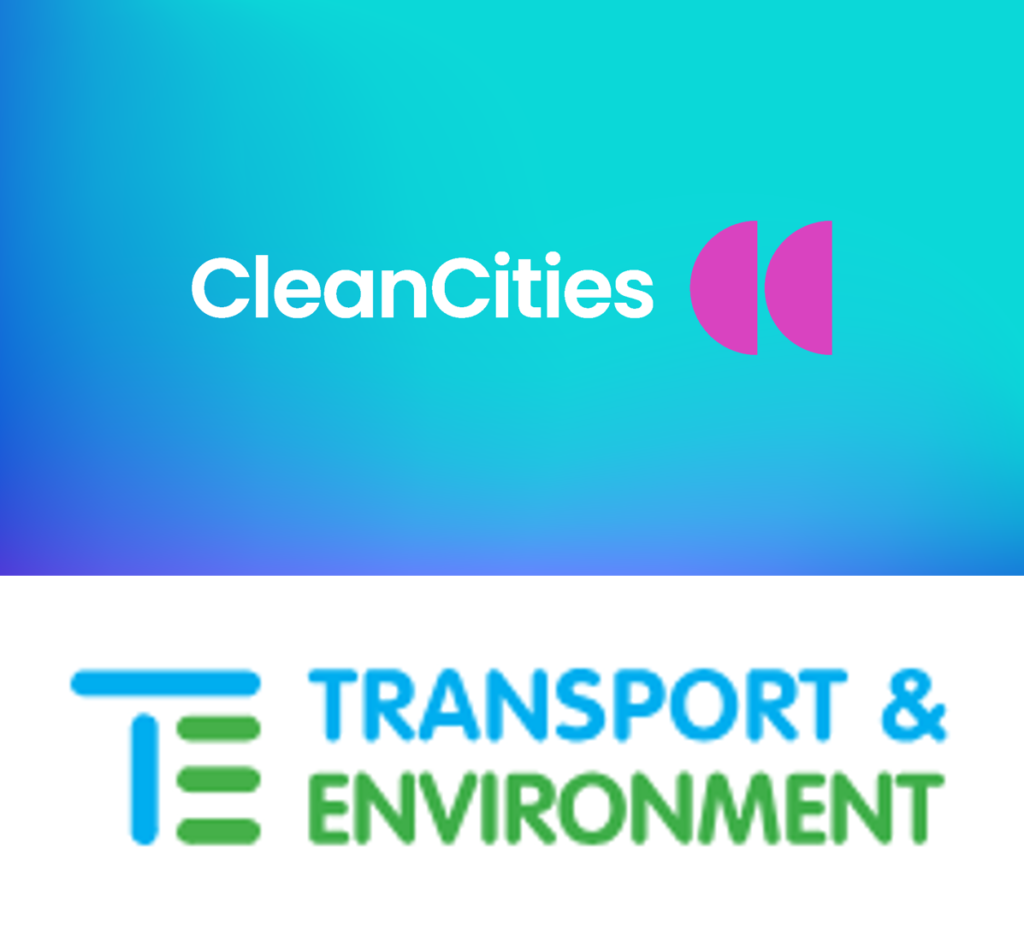Modelling European cities’ potential transition scenarios towards zero-emission urban mobility by 2030

CLIENT: European Federation for Transport & Environment
PERIOD: 2023
This study modelled potential transition scenarios towards zero-emission transport in European cities by 2030. Each scenario is built on different set of sustainable policy measures, whose impacts is quantified through a series of indicators as output results.
The assessment is realized through MOMOS a quantitative tool which allows to simulate and quantify in a simplified way the impacts of potential mobility transition scenarios in cities.

Four potential scenarios, each one with a different focus and a specific combination of policy measures, have been simulated and applied to five real European cities: Brussels, Madrid, Milan, Greater Manchester, and Warsaw. An in-depth data collection defined and reproduced the city characteristics at the base year, including socio-demographic aspects as well as mobility features.
The main output of the study consisted in the calculation of the CO2 emissions reduction associated to each scenario. Besides that, a series of core indicators have also been calculated for the 2030 horizon. These included: modal split, public and private fleet electrification, car ownership, road safety, and air pollutants emissions.
In addition, multi-criteria cost effectiveness analysis estimated costs and benefits associated to the four transition scenarios. Such analysis was based on four components: (implementation and maintenance) costs of the policy measures, environmental benefits, users’ transport costs and travel time, and revenues for the public administration and service providers.
Find out the full results of the study here.
